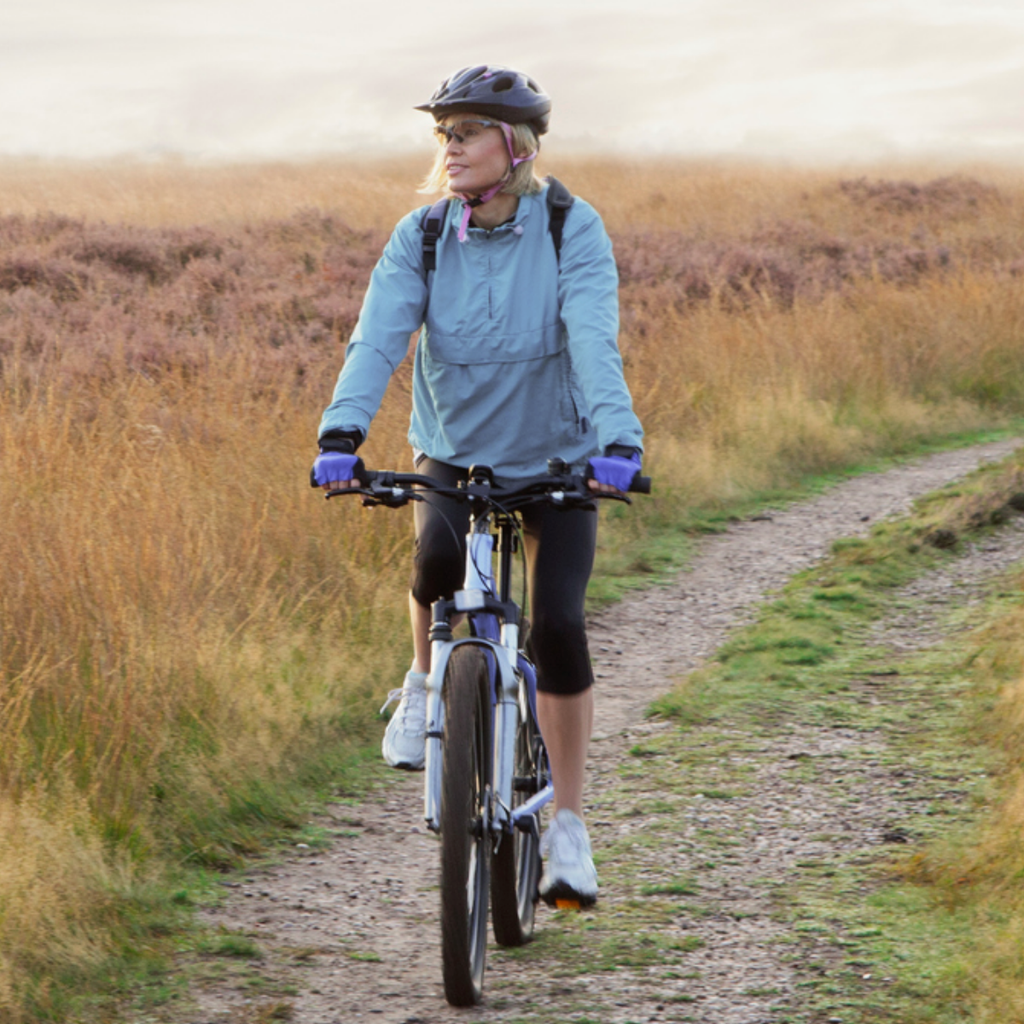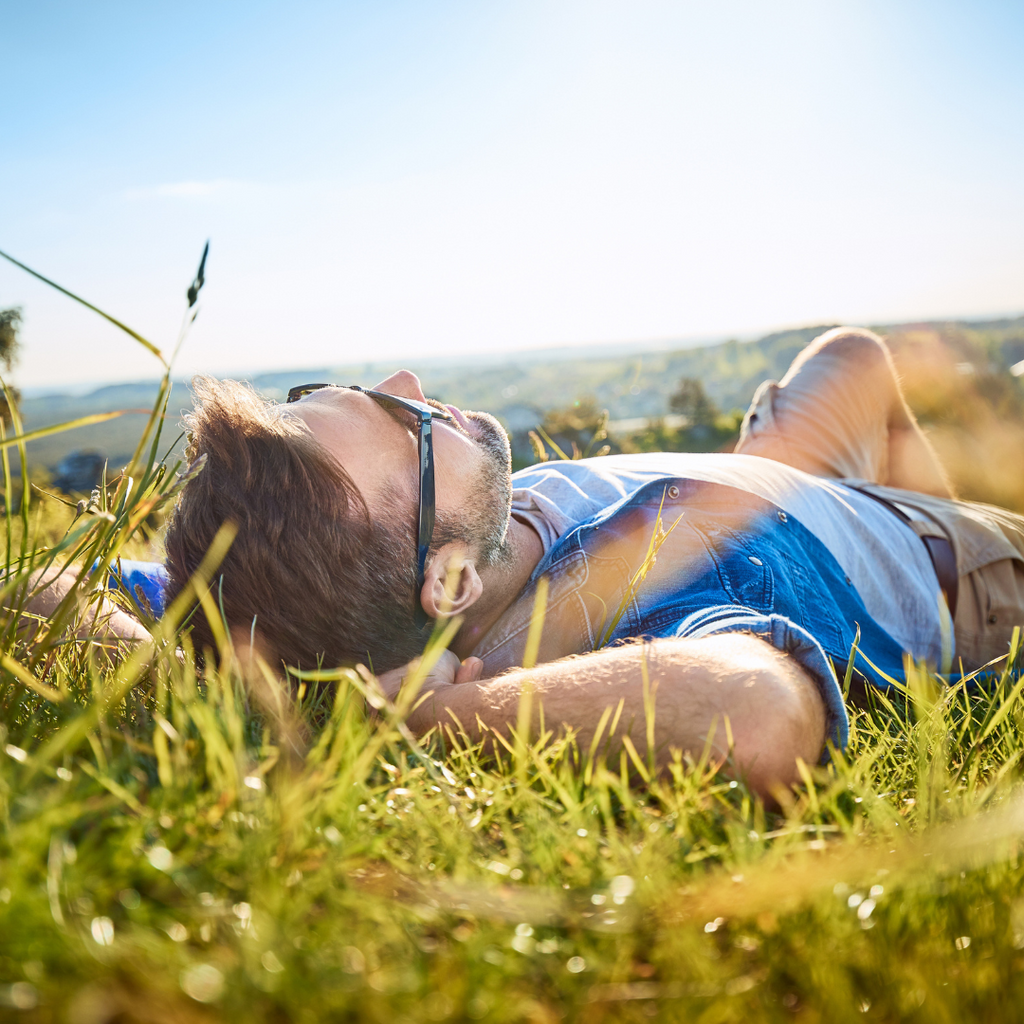Covid-19 caught the world unawares, turning everyday life upside down and affecting us all in some way, whether we’ve dealt with the virus in ourselves or loved ones, battled with mental health or feelings of isolation, financial worries or a restriction of personal freedom.
After the initial stockpiling scramble, followed by an adjustment period of learning new ways of daily life with less interpersonal contact, working from home and home-schooling, we are now faced with the realisation that this strange new way of living may become the new norm – at least for periods of time while we guard against continuing Covid-19 infections and future pandemics.
We have been forced to slow down and take stock of our state of wellness, and some of us have more free time than before, presenting the perfect opportunity to make some life-enhancing changes. Those with young children, on the other hand, may be overwhelmed with 24/7 parenting and running the household while also working, often from home. How then do we use this period of continued relative isolation to our advantage to build mental and physical resilience to help us cope not only with the current situation, but also with the possibility of future threats and continuing uncertainties?
The Igennus team have come up with tips which are working for us and may be helpful in supporting your wellbeing too.
1. Maintain a sense of purpose
For those living alone or not working, isolation with seemingly endless empty hours to fill can become overwhelming and lead to loneliness or time whiled away in front of one’s smart phone or TV. Use the opportunity of freedom from regular commitments to take up a new hobby or learn a new language (Duolingo is an excellent free app) and dream about one day visiting the country where it’s spoken, or do something, read something, watch something that will broaden your horizons. Set yourself a goal, whether it’s building up to a 30-second cold shower, de-cluttering and redecorating or a new creative project.
2. Stay connected
Physical isolation can be easier to handle in this digital age (1), with friends and family a phone call away. Make sure to stay in touch with people who matter to you – they may also be feeling isolated and will benefit from your call. As social beings, most of us can survive but not thrive without real human interaction. This is a deep-seated primal instinct and we should strive to maintain contact where possible. Loneliness has physical as well as mental consequences, leading to, amongst others, more fragmented sleep and decreased immunity. (2) Interestingly, there are two types of loneliness – emotional (caused by the absence of a partner, close family member or good friend) and social loneliness (feeling isolated from work colleagues, acquaintances and neighbours); thus, fostering both types of interactions are important. (3) Shopping trips, with everyone ‘masked up’ and less inclined to share a few friendly words with a stranger in a shop, hardly count as interaction anymore. Connect regularly by phone or online, and meet up with friends safely, outdoors, or do join an open-air exercise class. If your health allows, you could even volunteer in your community or help neighbours who are shielding, with chores or a (safe) chat.
3. Keep active
Remember when taking a daily walk was the highlight of our day? Walking or jogging is a great way of keeping active safely when gyms and indoor exercise classes are out of bounds. Now may be the time to focus not only on the number of steps we’re getting in a day (a pedometer can help you keep track), but also to take up resistance or weight training. As we get older it’s so important for bone health and metabolism and ideal to start at home, with an adjustable set of dumbbells. There are also simple body-weight exercises you can do in the comfort of your living room, and if you’re not sure where to start, a session with a personal trainer or an outdoor exercise group could be the catalyst you need. Strength training needn’t take long so you can even fit it in while watching TV or outside in the garden or the park while your children play. Apart from building bone and soft tissue strength, a more toned appearance does wonders for your self esteem.
4. Catch up on sleep
The immune system carries out vital activation and migration of immune cells while we slumber. A lack of sleep influences both the innate and adaptive immune systems – meaning that one is more likely to succumb to a virus if exposed, and also less able to build up long-term immunological memory. In one study, after a vaccination subjects developed twice as many antibodies if they slept well compared to those who were kept awake the night after immunisation. Chronic sleep deprivation, even when sleeping 6 vs. 8 hours per night for 8 days, increases pro-inflammatory immune markers and predisposes to immune deficiency. We can use the opportunity of not having to be in the office early in the morning to our advantage by waking up naturally rather than with an alarm. Yet do go to bed at roughly the same time each night and don’t stay up late – to maintain a good circadian rhythm and ensure you’re well rested. (4) If you’re struggling to sleep or are feeling anxious, foods rich in magnesium, e.g. leafy greens, nuts, seeds & legumes or Igennus Triple Magnesium Complex may help.
5. Eat well and mind your habits
Research has shown that loneliness is associated with poorer health practices such as increased alcohol use and smoking, and fewer health-supporting behaviours such as exercise and good nutrition. It’s thus natural to let good habits slide during periods of seclusion. But as this time of semi-isolation becomes the norm for the foreseeable future, it’s important to get back on track with nurturing our bodies through healthy eating and habits. Be aware of comfort eating/drinking/smoking, and try to plan exercise, an enjoyable activity and social interaction into each day so you will be less likely to give in to temptation. You will also only be able to consume what you buy, so instead of processed foods, make your pantry staples wholesome options such as legumes, frozen blueberries & vegetables. Now is the perfect time for a kitchen clear-out, and turning over a new leaf while there is more time for cooking at home rather than eating out or at the work canteen. If you’re too busy to plan meals from scratch, how about trying a healthy recipe box service? As for alcohol, not only does it dampen our immune response, but it has been linked particularly to respiratory infections – it prevents the epithelial cells in the upper airways from clearing out viruses & bacteria and disrupts the barrier function of cells lining our lower airways. (5)
6. Nurture your mental health
Develop a tranquil, resilient mind by making time morning and evening to spend moments in quiet reflection, walks in nature, meditation, mindfulness or gratitude journaling. Particular activities will help different folk so discover what works best for you. Just 2 minutes of deep breathing has been shown to activate the parasympathetic (calming) nervous system – so even those with hectic lives can benefit. Limit your exposure to upsetting stimuli such as the news or the social media myth of other people’s ‘perfect’ lives. Try not to worry about the future, and if you catch yourself doing this, nip it in the bud with deep breathing and positive self-talk. Plan to do something that you enjoy every day, whether it’s a chat with a good friend or dancing like no one is watching!
7. Get the help you need
Make time to deal with health concerns that you may have been putting off for some time, or new mental health or physical issues. While it’s a difficult time to get help on the NHS, you may have saved money during lockdown and can now afford to see a nutritional therapist, private specialist, physiotherapist or counsellor; any or all of these areas of specialism may be helpful in setting you on a more positive path. If finances are tight or while waiting for NHS appointments, you can be proactive about managing your health by investing time in researching your condition or joining online support groups. Many appointments can also be carried out over the phone or on online platforms.
We would not wish another pandemic on any planet, but given the human propensity to look for the positive, even in a crisis, let’s consider the universal response in the fight against this virus and the recognition of the benefit of international collaboration and cooperation; at how altruism has shone through in so many ways and made us more considerate of our neighbours & aware of mental health and ‘invisible’ illnesses. Using that unique and wondrous human characteristic of flexibility, we have adapted and learned new and, in some cases, better ways of living. Let us use the lessons we have learned to be kind to, and more appreciative of, our own health.
References
Chen, YRR & Schulz, PJ. The Effect of Information Communication Technology Interventions on Reducing Social Isolation in the Elderly: A Systematic Review. J Med Internet Res 2016;18(1):e18. DOI: 10.2196/jmir.4596
- Cacioppo JT & Cacioppo S. Social Relationships and Health: The Toxic Effects of Perceived Social Isolation. Soc Personal Psychol Compass. 2014;8(2):58-72. doi:10.1111/spc3.12087
- Ong AD, Uchino BN, Wethington E. Loneliness and Health in Older Adults: A Mini-Review and Synthesis. Gerontology. 2016;62(4):443-449. doi:10.1159/000441651
- Besedovsky L, Lange T, Born J. Sleep and immune function. Pflugers Arch. 2012;463(1):121-137. doi:10.1007/s00424-011-1044-0
- Sarkar D, Jung MK, Wang HJ. Alcohol and the Immune System. Alcohol Res. 2015;37(2):153-155.








